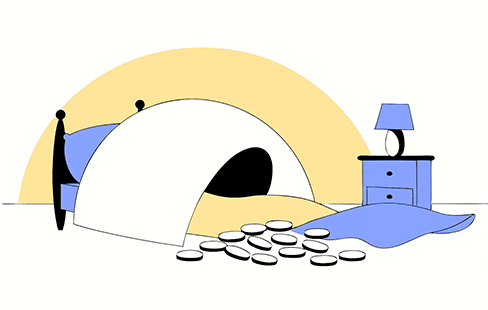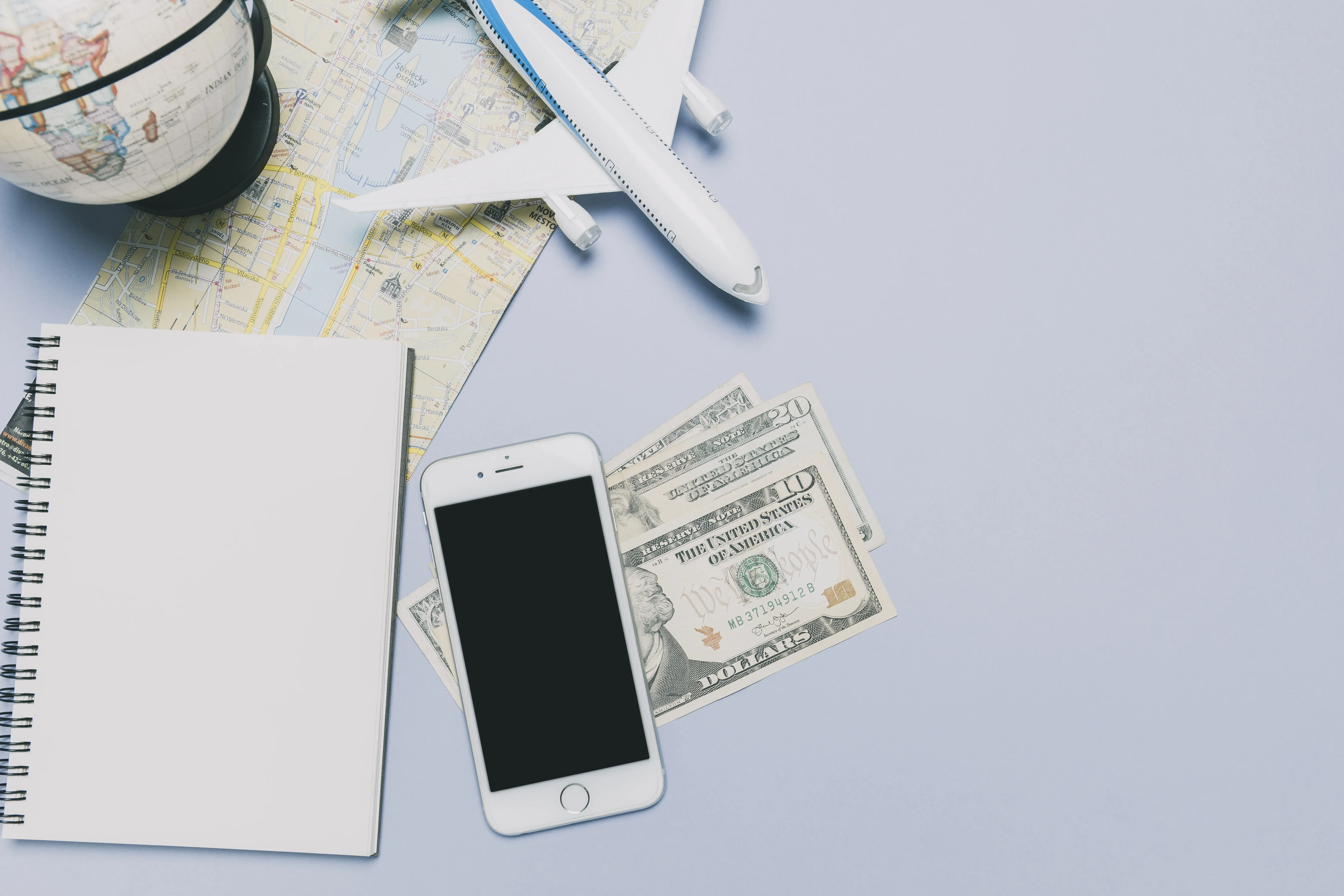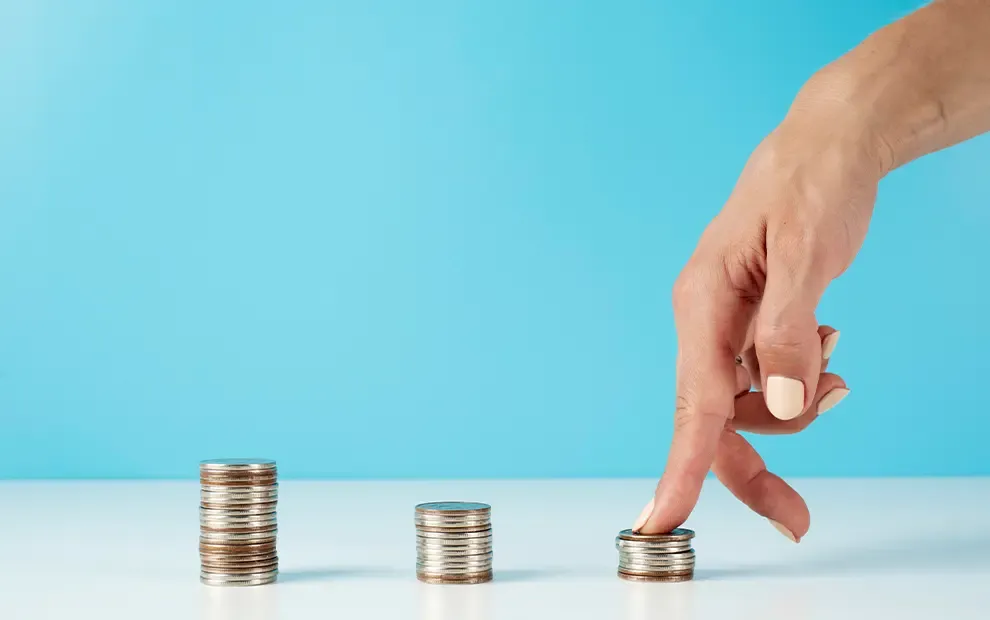Contents.
Interest rate and grace period
First of all, find out how much it will cost you to use credit money. The interest rate is the percentage that the bank will charge on the amount if you do not repay the debt on time. In Ukraine, the interest rate on credit cards is often 36-48% per annum (3-4% per month), but a more important indicator is the grace period. This is the time during which you can use your credit limit without interest being charged, provided that you repay the debt in full.
Currently, the standard grace period is 50-62 days. For example, the GlobusPlus card has a grace period of up to 62 days. This means that purchases made with the card can be paid off within approximately two months without incurring interest charges. Choose a card with the maximum grace period and clear terms of use: does it apply to all transactions, including cash withdrawals, or only to non-cash purchases?
Also, find out what the interest rate will be after the grace period – you may not be able to repay on time. The lower it is, the better, but usually one bank has one rate for all cards. If you plan to pay everything off during the grace period, you may not need the interest rate, but always have a plan B.
Credit limit
A credit limit is the maximum amount that a bank is willing to lend you on your card. It is set individually for each customer, within a certain maximum for the product. Assess what limit you need. If the card is for small daily expenses, 5-10 thousand UAH may be enough. If you want to have a reserve for large purchases, look for cards with higher limits (50-100 thousand UAH and more).
The bank assesses your income when issuing a limit. For example, GlobusPlus may offer new customers a limit of up to UAH 30,000 initially, with the possibility of increasing it with active use. If you need a large limit right away, you may want to choose a bank where you already receive your salary (higher loyalty) or provide proof of income to review the limit.
Please note: is it possible to increase the limit over time and how (automatically or upon request). Conversely, does the bank allow you to lower the limit if you want to limit yourself from unnecessary expenses?
Commissions and fees
In addition to interest, credit cards may have additional fees:
- Service fees. Some cards have monthly or annual fees (for example, 100 UAH/month or 300 UAH/year). Others are free to use. This determines how much you will pay simply for having the card. Of course, it is better to choose a card without a subscription fee. Check the terms and conditions: sometimes the fee is waived if you use the card actively (spending a certain amount per month).
- Cash withdrawal fee. As a rule, it is not profitable to withdraw cash from a credit card – the fee is 3-4% + loss of the grace period. If this is critical for you, look for cards that offer a grace period for cash withdrawals (rare, but possible) or a small fee.
- Minimum mandatory payment. Every month, if you have debt, you must pay a certain percentage (for example, 5% of the debt amount). This percentage is standard, but make sure that this schedule suits you.
- SMS banking, card reissue, etc. These are minor details, but ask whether they charge for SMS notifications about transactions (many banks no longer do, offering push notifications instead). Reissue in case of loss – how much does it cost? All of this affects convenience and overall costs.
When choosing between several options, make a table showing which card has which fees. It may turn out that a card with slightly less cashback but no subscription fee is more profitable than one that gives more bonuses but charges 50 UAH per month.
Cashback and bonuses
One of the most appealing criteria is bonus programmes. Banks are now competing in cashback and chips:
- Cashback. Choose a card with bonuses that match your spending habits. If the card offers cashback at petrol stations and on travel, but you don't have a car and don't travel abroad, it doesn't make much sense. In that case, it's better to choose a card with cashback at supermarkets or restaurants. Some cards, such as GlobusPlus, allow you to choose your own cashback categories each month, which is convenient and can be tailored to your needs.
- Bonuses and miles. An alternative to cashback is earning points that can be exchanged for goods or miles for air travel. Consider what is more valuable to you. Cashback is universal, while miles are only useful if you fly frequently.
- Welcome bonuses. Some banks offer a one-time bonus for your first purchase (for example, 100 UAH for your first purchase). This is nice, but it is a one-time benefit and should not be prioritised over permanent conditions.
- Partner promotions. Credit cards sometimes give you access to promotions: discounts at partner stores, 1+1 on coffee, etc. These are small things, but they can be an added bonus if the partner is a place you visit often.
Additional features and convenience
Think about the service part:
- Mobile app and online banking. How conveniently can you control your card? Ideally, the app should show you expenses, accrued cashback, remaining limit, and repayment date. Modern banks, like GlobusPlus, provide full control via your smartphone.
- Apple Pay/Google Pay. Practically a must-have: the card should support tokenization so you can pay with your phone or watch, without carrying plastic. All major banks have this, but if you choose a smaller bank – check.
- Currency conversion. Is it profitable to pay with a bank card abroad? If you travel frequently, find out what exchange rate and commission the bank applies for currency transactions.
- Additional services. Purchase insurance (some credit cards insure expensive purchases against damage for 30-60 days), access to airport business halls, concierge service-these privileges are available for premium cards.
- Reputation and support. Read reviews: whether it is easy to get through to the hotline, whether the issue is quickly resolved. A credit card is a tool for every day, and the service should be up to par.
Reviews of other clients and the bank's rating
Don't be lazy to read real usage stories. Reviews can be found on financial forums, Google, Minfin ,and so on. Pay attention to the following things: there are no hidden fees, or the bank does not unilaterally change the terms (for example, it suddenly reduced the grace period or cut cashback). SEE ALSO Bank reliability ratings from the NBU or independent agencies. Take a credit card from a bank that you trust with your funds.
Conclusion
To choose the best credit card, create your own “checklist” of criteria: cost (interest, commissions), benefit (limit, cashback) and convenience (service). Based on this, compare the offers on the market. There is no universal perfect map – choose the one that best suits your needs.






